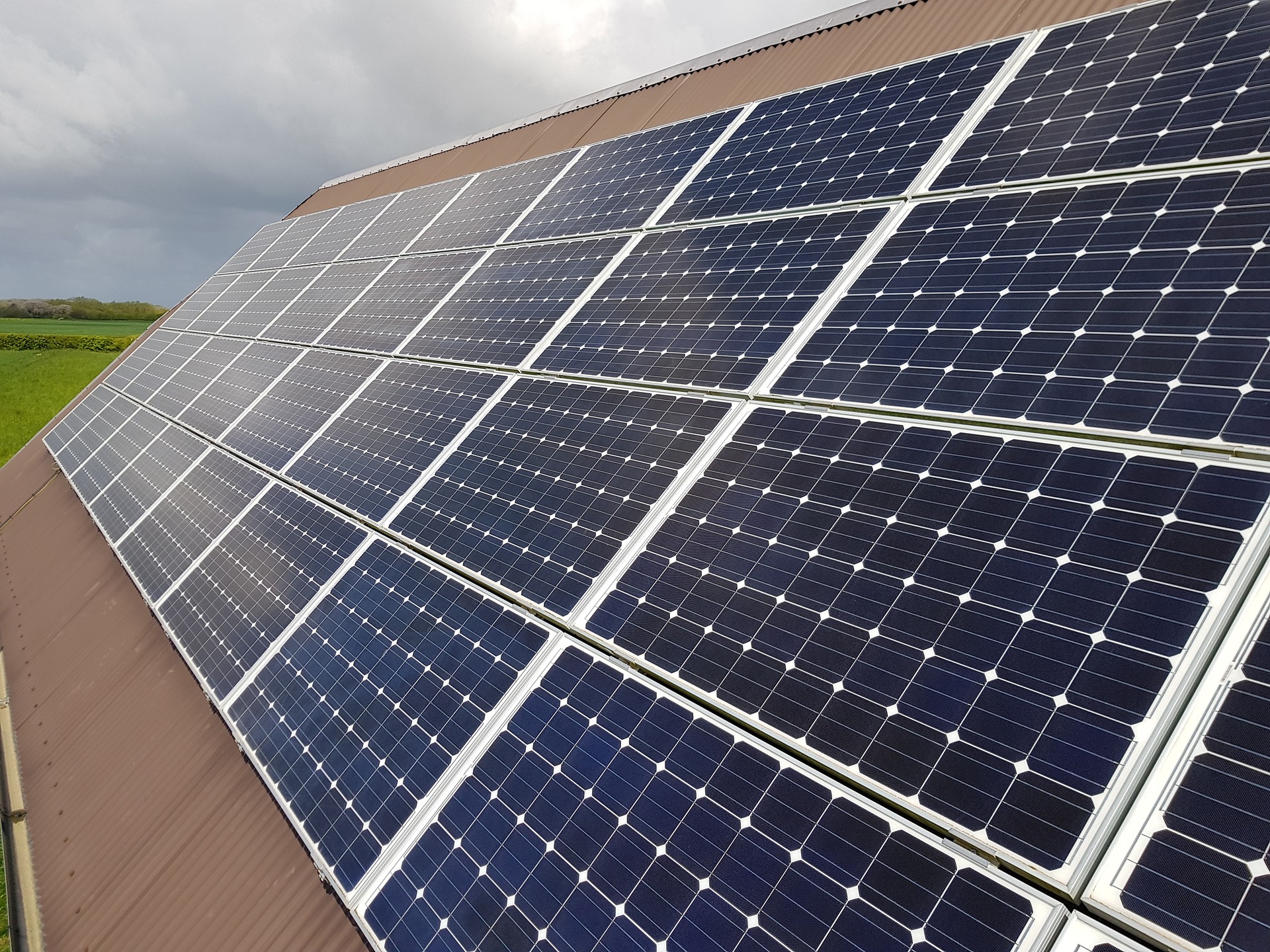Crafting a Sustainable Career in the Green Tech Revolution
Harnessing innovation for environmental impact, the green tech sector is reshaping career landscapes. This article explores the burgeoning field of sustainable technology, offering insights into its growth, opportunities, and the skills needed to thrive in this dynamic industry. Discover how to align your career aspirations with the global push for sustainability.

The Rise of Green Tech: A Historical Perspective
The roots of green technology can be traced back to the environmental movements of the 1960s and 1970s. However, it wasn’t until the late 1990s and early 2000s that significant advancements in renewable energy, energy efficiency, and sustainable manufacturing began to gain traction. The turning point came with the growing awareness of climate change and the need for sustainable solutions to global environmental challenges.
In the past decade, green tech has evolved from a niche sector to a mainstream industry. Governments worldwide have implemented policies and incentives to promote sustainable technologies, while consumers have become increasingly eco-conscious. This shift has led to substantial investments in areas such as solar and wind energy, electric vehicles, smart grid technologies, and sustainable agriculture.
Current Trends Shaping the Green Tech Job Market
The green tech sector is experiencing rapid growth and evolution. One of the most significant trends is the integration of artificial intelligence and machine learning into sustainable technologies. These advanced computational tools are being used to optimize energy grids, predict weather patterns for renewable energy production, and develop more efficient recycling processes.
Another key trend is the focus on circular economy principles. Companies are increasingly looking for ways to design products that can be easily repaired, reused, or recycled, creating new job roles in sustainable product design and lifecycle management.
The smart city concept is also driving innovation in green tech. Urban planners and technologists are collaborating to create interconnected, efficient city systems that reduce energy consumption and improve quality of life. This trend is opening up opportunities in areas like sustainable urban planning, smart building design, and green transportation solutions.
Essential Skills for a Career in Green Tech
Success in the green tech sector requires a unique blend of technical expertise and environmental awareness. Core technical skills in areas such as engineering, computer science, and data analysis are fundamental. However, these must be complemented by a deep understanding of environmental science, sustainability principles, and renewable energy systems.
Interdisciplinary thinking is crucial in this field. Professionals who can bridge the gap between different disciplines, such as combining biotechnology with sustainable agriculture or integrating renewable energy systems with urban planning, are highly sought after.
Problem-solving and innovation skills are paramount. Green tech is all about finding novel solutions to complex environmental challenges, often requiring out-of-the-box thinking and the ability to iterate on ideas quickly.
Communication skills are also vital. Green tech professionals often need to explain complex technical concepts to non-technical stakeholders, including policymakers, investors, and the general public. The ability to articulate the environmental and economic benefits of sustainable technologies is crucial for driving adoption and securing funding.
Navigating Career Paths in Green Tech
The green tech sector offers a diverse range of career paths. Some of the most promising areas include:
-
Renewable Energy: Jobs in solar, wind, hydroelectric, and geothermal energy production and distribution are on the rise. Roles range from engineers and technicians to project managers and policy advisors.
-
Sustainable Transportation: The shift towards electric vehicles and smart transportation systems is creating opportunities in automotive engineering, battery technology, and transportation planning.
-
Green Building and Architecture: Professionals who can design and construct energy-efficient, environmentally friendly buildings are in high demand.
-
Waste Management and Recycling: Innovations in waste reduction, recycling technologies, and circular economy principles are driving job growth in this sector.
-
Environmental Consulting: As businesses strive to reduce their environmental impact, there’s a growing need for consultants who can advise on sustainable practices and technologies.
Strategies for Launching and Advancing Your Green Tech Career
To break into the green tech sector, consider the following strategies:
-
Continuous Learning: Stay updated on the latest developments in sustainable technologies through online courses, webinars, and industry conferences.
-
Networking: Join professional organizations and attend industry events to connect with leaders in the green tech field.
-
Gain Practical Experience: Look for internships or volunteer opportunities with green tech startups or environmental organizations to build hands-on experience.
-
Develop a Sustainability Mindset: Cultivate a deep understanding of environmental issues and sustainability principles to inform your work and decision-making.
-
Pursue Relevant Certifications: Consider obtaining certifications in areas like LEED (Leadership in Energy and Environmental Design) or renewable energy technologies to enhance your credentials.
-
Be Adaptable: The green tech field is rapidly evolving, so be prepared to pivot and learn new skills as the industry changes.
By aligning your career with the green tech revolution, you’re not just securing a job in a growing field; you’re contributing to solutions for some of the most pressing environmental challenges of our time. As the world continues to prioritize sustainability, professionals with expertise in green technologies will play a crucial role in shaping a more sustainable future.






